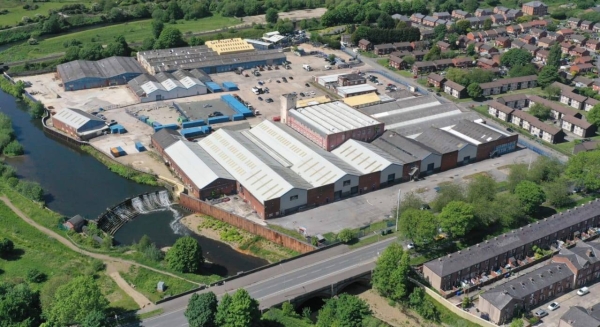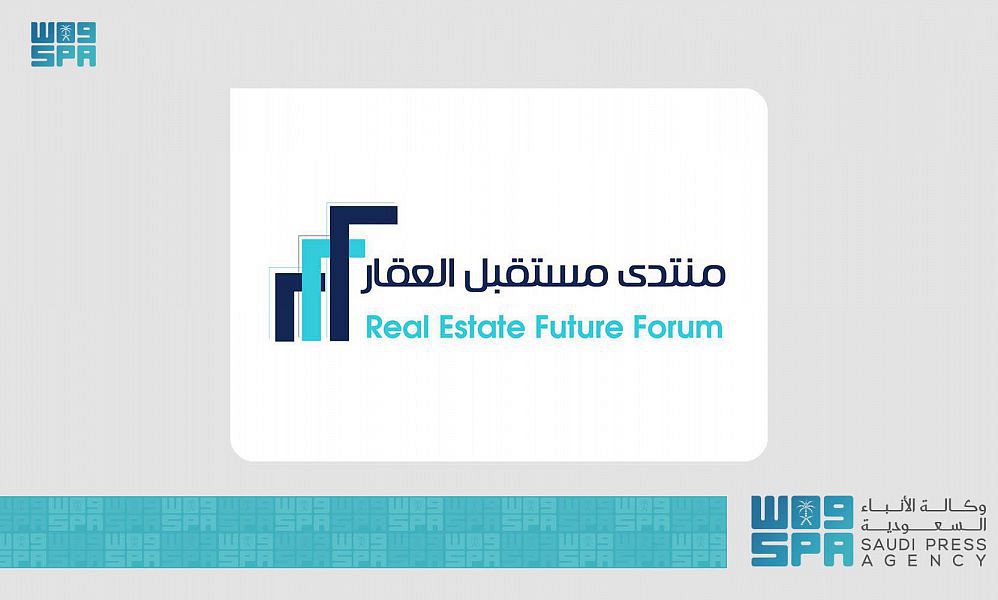
Tepid economy places pressure on rents in grade B developments report says
Rents in industrial zones such as Jebel Ali Freezone (Jafza) or Khalifa Industrial Zone Abu Dhabi (Kizad) have remained resilient
LONDON: Rents in the UAE’s most well-known industrial zones such as Jebel Ali Freezone (Jafza) or Khalifa Industrial Zone Abu Dhabi (Kizad) have remained resilient in the face of a wider market downturn, according to a new report.
While rents in lower-end or “grade B” stock have seen a “significant” fall over the 12 months to the first quarter of this year, the cost of renting stock in the higher-end market has risen, the report by property consultancy Knight Frank found.
The decline in grade B rents range from 5.4 percent to 13.7 percent in the first quarter 2018 compared to the same time period last year, according to analysts.
This contrasts to Jafza or Dubai Investments Park, where rents rose 16.7 percent and 6.7 percent respectively over the year to Q1, the report published Tuesday found.
The “tepid” economic environment in both the UAE and globally has put pressure on the industrial and logistical real estate market, analysts said.
The slower market has allowed occupiers to negotiate better deals with landlords, potentially helping them secure property in higher-end areas they might previously have been unable to afford.
More than 82 percent of enquiries year-to-date have been about acquiring space in either Jafza or Dubai Industrial Park, the report said.
Knight Frank analysts forecast that rents for the higher end “grade A” stock will continue to rise, while grade B rents are likely to sink further.
The gap between the two grades will start to close as the lower quality stock is gradually either refurbished or demolished.
“The bulk of existing facilities for many new entrants are no longer fit for purpose,” said Tom Swallow, senior surveyor, occupier solutions commercial agency, at Knight Frank.
“As more sophisticated businesses decide to enter the market we have seen the requirements for industrial and logistics real estate change rapidly.
“Much of the existing stock is either below par in terms of quality, is made up of smaller multi-tenant units, lacks connectivity and the dual license structure — which is vital for industries such as e-commerce.”
The report noted that there is a growing trend for industrial zones to offer “build-to-suit” options to potential occupants, where the developer will construct the required property to fit the occupant’s needs and then lease the building and land to them.












